Fessenden, JT Petty, Travis Stevens and more discuss the biz of genre filmmaking in the Fall 2014 issue of MovieMaker Magazine, on newsstands Nov 25th.
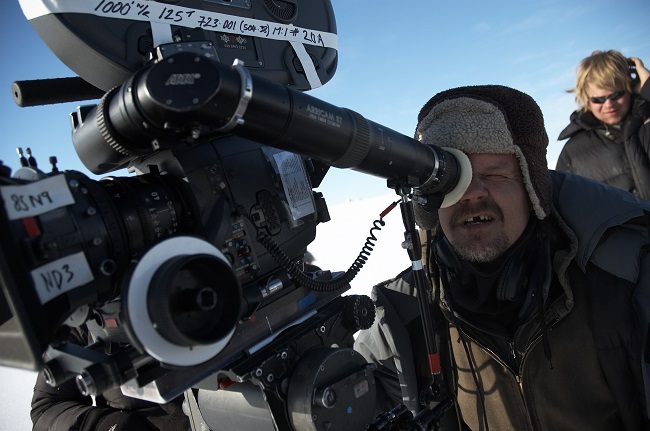
“A decade ago, the primary focus of independent horror moviemakers was making a good horror movie, knowing that if they did their job well, they were virtually guaranteed to find an audience and make their money back (and then some). Horror was the Teflon genre—or so it seemed.
“In the last decade it’s gotten cheaper to make movies, and harder to make money off of them,” says J.T. Petty, writer-director of horror features The Burrowers (2008) and Hellbenders (2012). “The ‘guarantee’ most people took for granted was the DVD market, and that’s all but gone.” Today, the business of independent horror moviemaking has changed dramatically, and while making a good movie is still paramount, the moviemaker of 2014 must wear other hats just as well in order to survive: branding expert, distributor, producer, publicist, sales agent. “And,” as Eduardo Sanchez, director of 1999’s game-changing The Blair Witch Project and the upcoming Exists, says, “most of us didn’t get into this to become distributors.”
…
According to Larry Fessenden, director of Wendigo (2001) and producer of Stake Land (2010), “Executives often say, ‘Do you have anything in the Blumhouse model?’ The thing to understand is: Blum’s films have name actors (Ethan Hawke, Patrick Wilson) who work at scale, the films are made relatively cheaply, and there is a distribution scheme that gets the movies onto 3,000 screens on opening weekend. This is not the same as making an independent haunted house movie on the Canon 5D and hoping it makes a lot of money. You can’t guarantee your investors that your $15,000 movie will earn $200 million at the box office.”
…
“Horror used to have that whiff of danger and discovery,” says Fessenden. “That is why the remakes don’t excite the fans, because there is no discovery there, just studios cashing in. Blum’s films are original stories, even as he franchises them, and that alone makes his approach more compelling than the studio approach.”
…
Stevens is philosophical, though optimistic. “Your perspective shifts a bit. Maybe there isn’t more money coming in, but what are the upsides? Our film played around the world in festivals, which gave us opportunities to meet more filmmakers, financiers and distributors. It played globally in cinemas and was easily available in retail outlets. This meant we were building an international audience and international distributors see value in that. It allowed us to secure more money on our other projects. Your definition of ‘profit’ expands a bit, working in this space.”

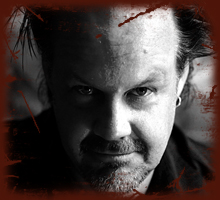

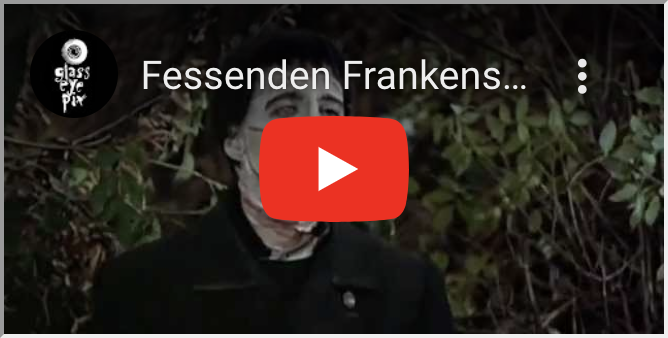





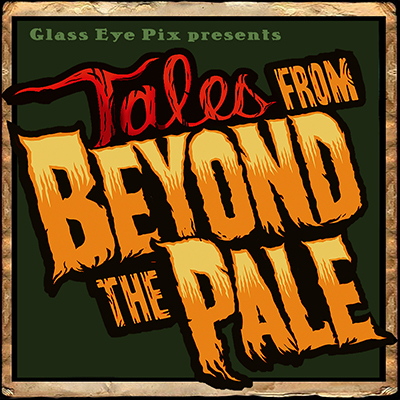

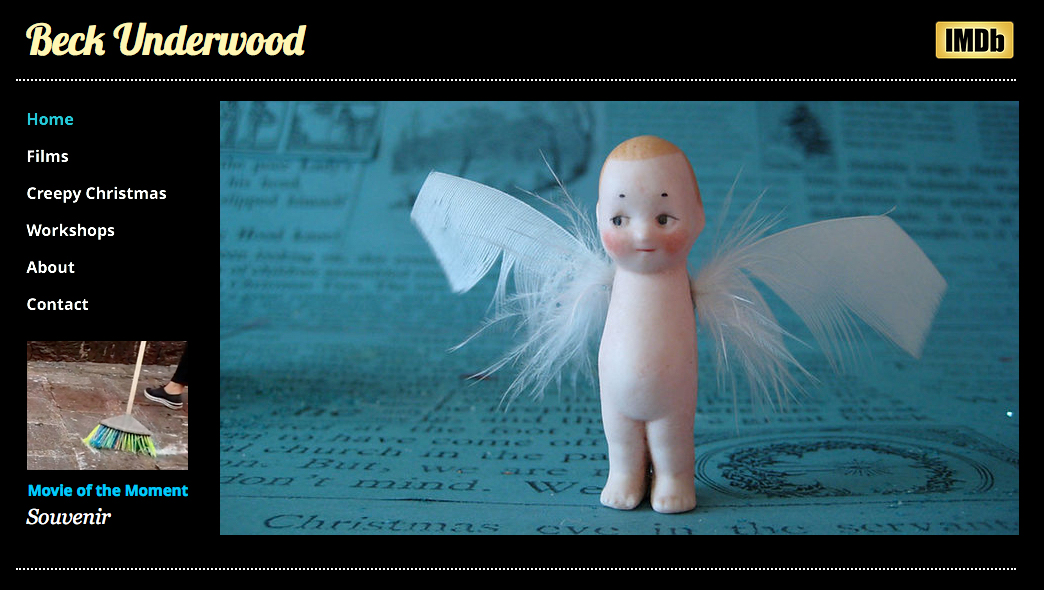







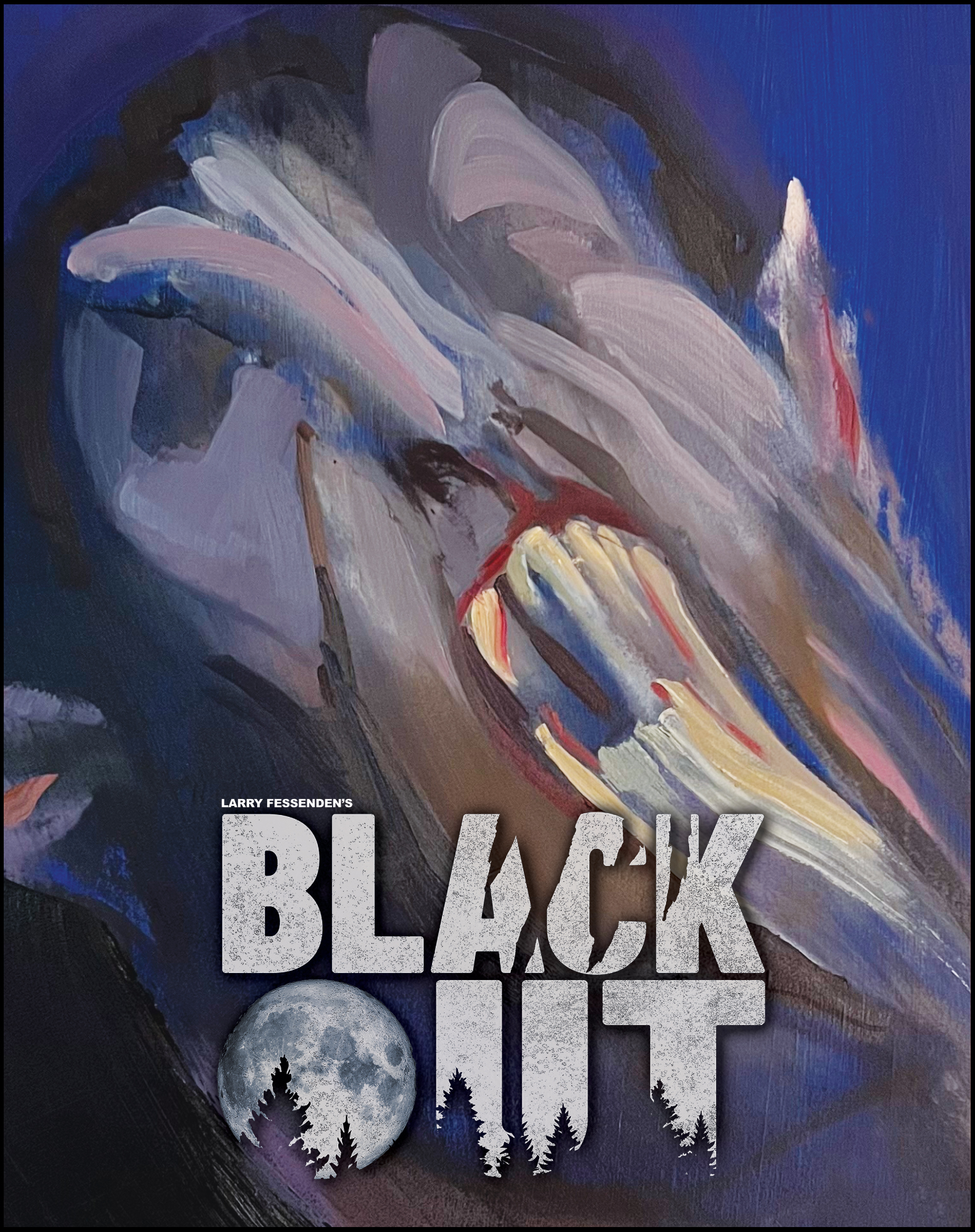
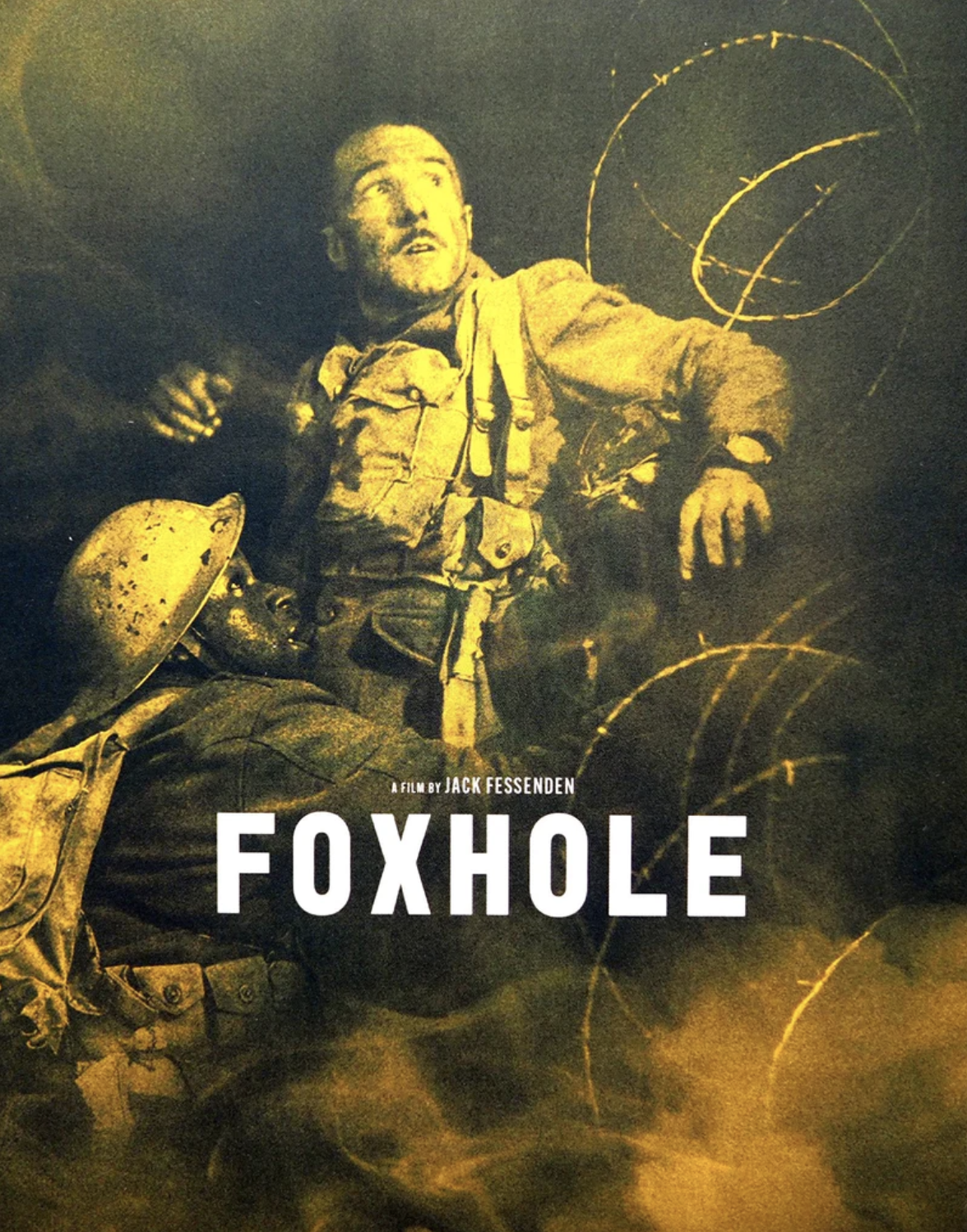
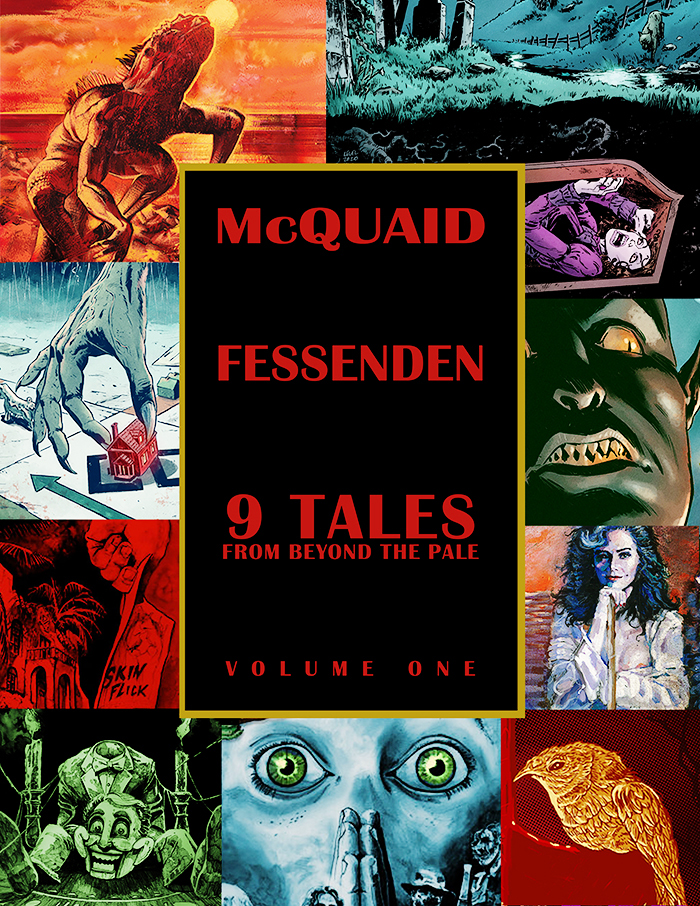
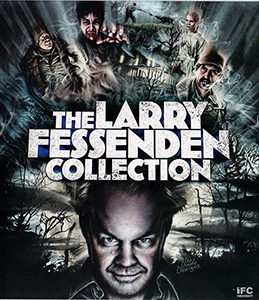
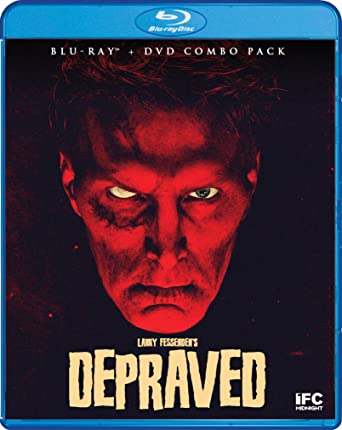
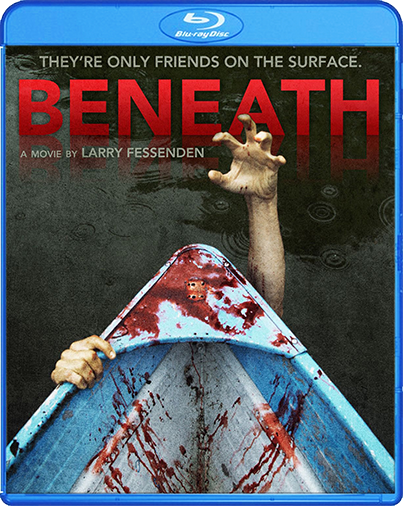
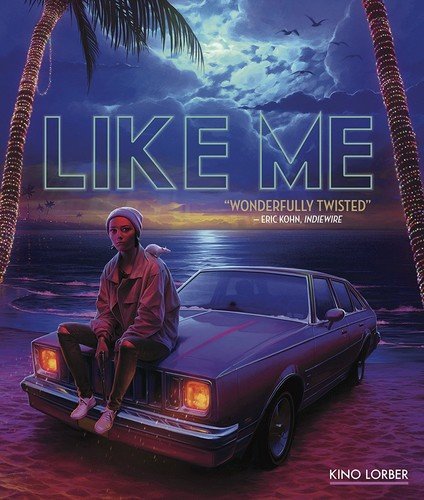
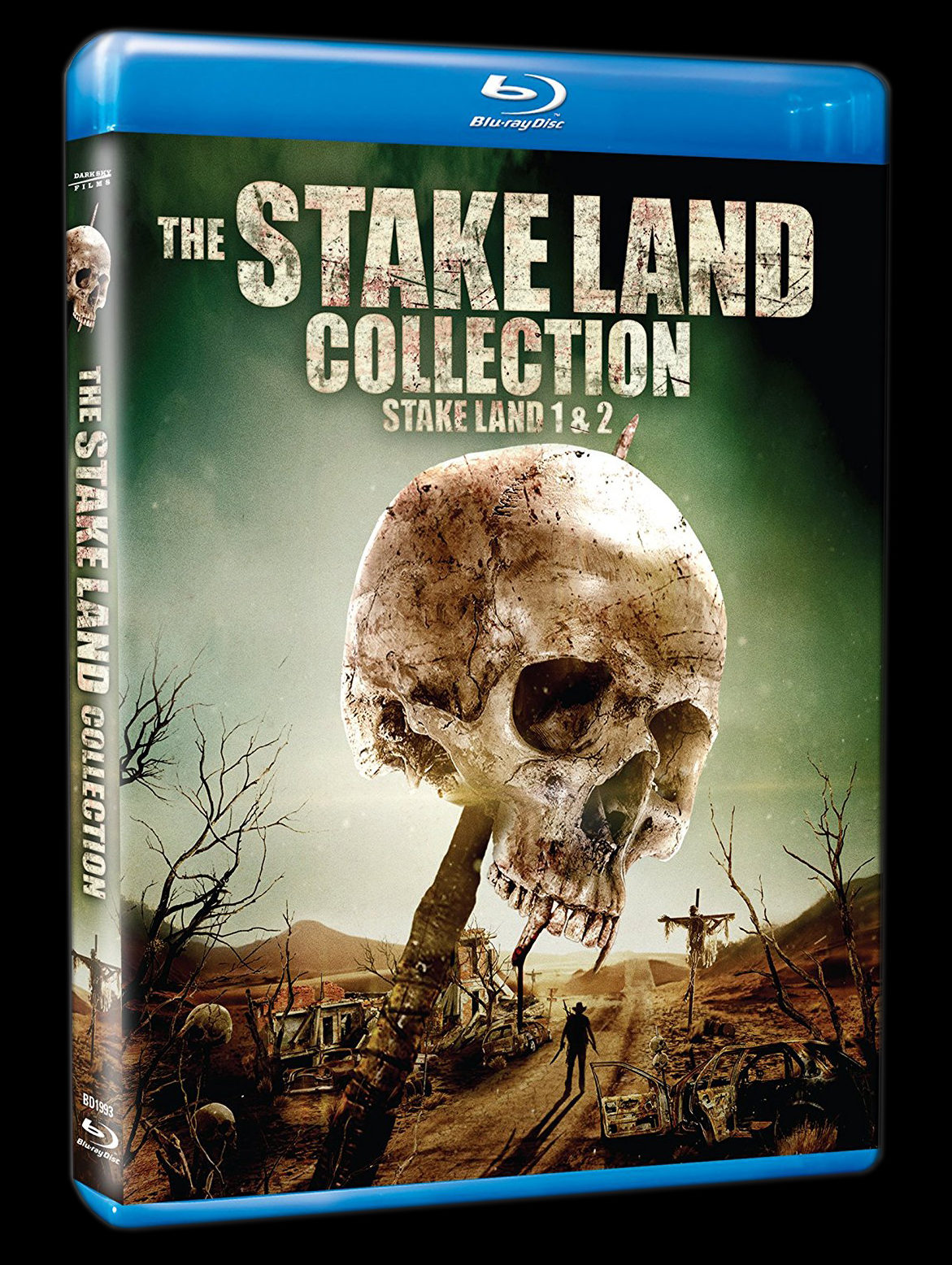
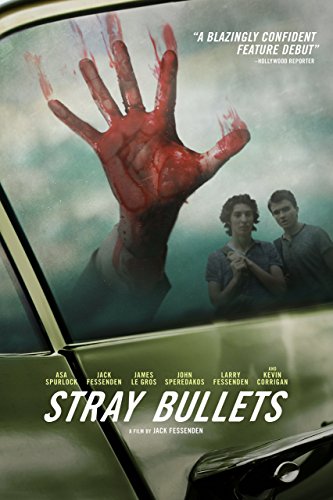

Add a comment